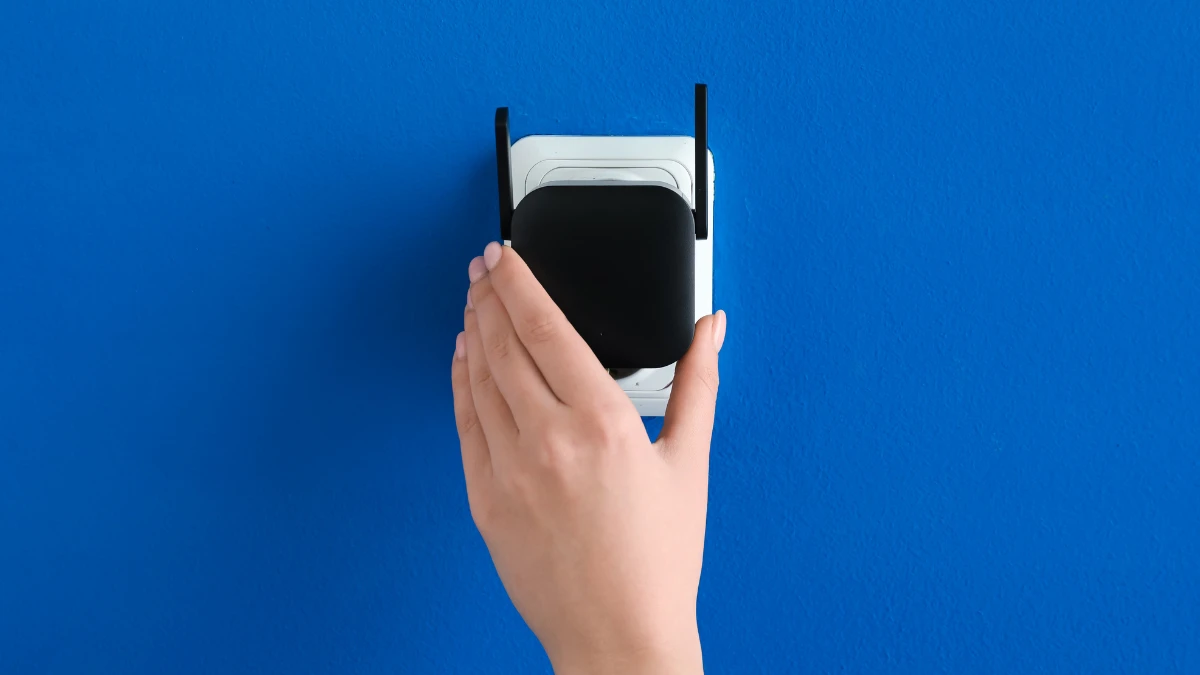A WiFi repeater provides many benefits, especially the ability to help maintain strength and stability in areas that were previously not covered by the internet. However, the advantages and disadvantages of WiFi repeaters cannot be easily separated, even though the benefits are evident.
The advantages and disadvantages of WiFi repeaters include extending signal range, overcoming “dead zones", flexibility, and practicality, while the disadvantages include high latency, signal interference, and potential speed reduction.
This article will inform you about some of the advantages and disadvantages of WiFi repeaters that you can consider.
The Advantages and Disadvantages of a WiFi Repeater

Like any other technology, a WiFi repeater has several advantages that can be utilized and disadvantages to consider.
The advantages of a WiFi repeater include extending signal range, overcoming “dead zones", flexibility, and practicality, while the disadvantages include high latency, signal interference, and potential speed reduction. Here are the advantages and disadvantages of a WiFi repeater:
The Advantages of a WiFi Repeater
Here are some advantages of a WiFi repeater:
1. Extending signal range

One of the advantages of a WiFi repeater is that it extends the signal range. This device can capture WiFi signals from the main router and broadcast them to a wider area, even areas that were previously out of range.
2. Overcoming “dead zones”
Dead zones are areas that receive no WiFi signal at all. With the repeater's ability to extend the signal range, it is possible to eliminate dead zones in your home or office.
3. Flexible and practical
WiFi repeaters have a compact design and do not require many cables. This makes them more flexible and practical to use, as they can be moved and placed in strategic locations.
4. Easy to install and configure
Another advantage of this repeater is that it is easy to install and configure. The device is designed to be user-friendly with a “plug and play” feature, further enhancing its flexibility and practicality.
The Disadvantages of a WiFi Repeater
Here are some disadvantages of a WiFi repeater:
1. High latency
One of the drawbacks of WiFi repeaters is their high latency. This drawback can affect the performance of applications that require real-time connections, such as video conferencing or online gaming.
2. Signal interference

Signal interference is another drawback of repeaters. Other electronic devices using the same frequency, such as microwaves or Bluetooth devices, can interfere with and disrupt the signal.
3. Distance limitations
To work effectively, WiFi repeaters must be installed at an appropriate distance from the main router. If they are too far from the main router, the received signal will be weak and unable to spread the signal optimally.
4. Potential speed reduction
Another drawback of repeaters is the potential reduction in speed compared to that produced by the main router. By receiving and transmitting signals simultaneously, the internet speed may decrease. Placement factors and the number of connected devices can also influence speed reduction.
Those are the advantages and disadvantages of WiFi repeaters to consider before deciding to use them.
Despite its limitations, the WiFi repeater has an extended signal range, is easy to install, and configure.